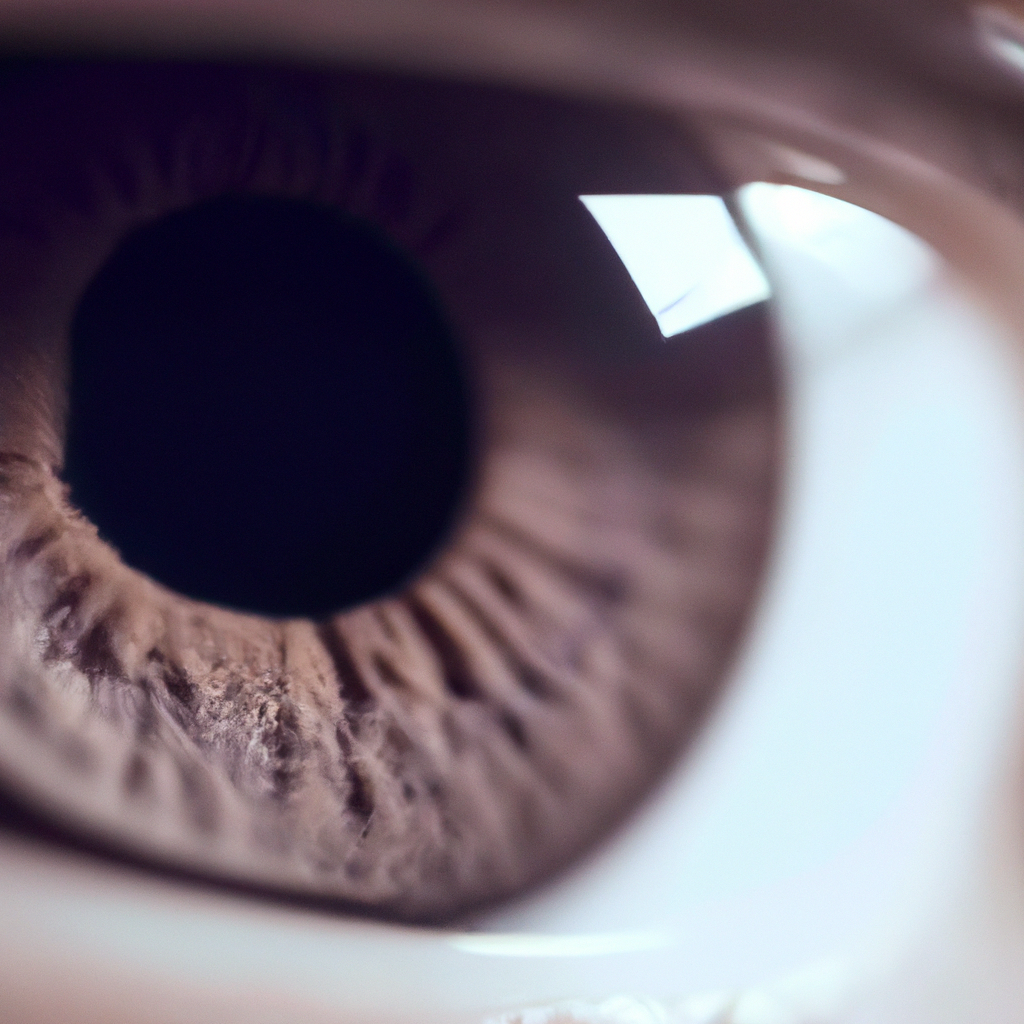-
Reading Roadmap
- Chapter 12: Understanding Retinopathy, Neuropathy, and Foot Care
- Key Takeaways
- Introduction: The Silent Threats of Diabetes
- Retinopathy: The Leading Cause of Blindness
- Neuropathy: A Common Yet Overlooked Complication
- The Importance of Foot Care
- FAQ Section
- 1. What is retinopathy?
- 2. What is neuropathy?
- 3. How can I prevent these complications?
- 4. Why is foot care important in diabetes?
- 5. What does proper foot care involve?
- Conclusion: The Power of Prevention
- Key Takeaways
Chapter 12: Understanding Retinopathy, Neuropathy, and Foot Care

[youtubomatic_search]
Key Takeaways
- Retinopathy and neuropathy are common complications of diabetes that can lead to severe health issues if not managed properly.
- Regular eye and foot examinations are crucial for early detection and treatment of these conditions.
- Good blood sugar control can significantly reduce the risk of developing these complications.
- Proper foot care is essential to prevent foot ulcers and other complications that can lead to amputation.
- Education and awareness about these conditions are key to prevention and management.
Introduction: The Silent Threats of Diabetes
Diabetes, a chronic disease affecting millions worldwide, is often associated with several complications. Among these, retinopathy and neuropathy stand out due to their potential to cause severe health issues, including blindness and amputation. This article delves into these complications, their prevention, and the importance of foot care in managing diabetes.
Retinopathy: The Leading Cause of Blindness
Diabetic retinopathy, a condition where high blood sugar levels damage the blood vessels in the retina, is the leading cause of blindness among working-age adults. According to the National Eye Institute, nearly 7.7 million Americans aged 40 and older have diabetic retinopathy, and this number is projected to increase to approximately 11 million by 2030.
Early detection through regular eye examinations can significantly reduce the risk of vision loss. Moreover, maintaining good blood sugar control can slow the progression of retinopathy.
Neuropathy: A Common Yet Overlooked Complication
Diabetic neuropathy, a type of nerve damage caused by high blood sugar levels, affects up to 50% of people with diabetes. Symptoms can range from numbness and tingling in the feet to problems with the digestive system, urinary tract, blood vessels, and heart.
Like retinopathy, good blood sugar control can prevent or slow the progression of neuropathy. Regular foot examinations are also crucial as neuropathy can lead to foot ulcers and other serious foot problems.
The Importance of Foot Care
Foot complications are common among people with diabetes, with neuropathy and poor blood circulation being the main culprits. These conditions can lead to foot ulcers, infections, and even amputations. In fact, according to the American Podiatric Medical Association, every 20 seconds, someone in the world loses a limb due to diabetes.
Proper foot care, including daily inspection of the feet, wearing appropriate footwear, and seeking prompt treatment for foot problems, can prevent these complications.
FAQ Section
1. What is retinopathy?
Retinopathy is a condition where the blood vessels in the retina, the light-sensitive layer at the back of the eye, are damaged. In diabetic retinopathy, this damage is caused by high blood sugar levels.
2. What is neuropathy?
Neuropathy is a type of nerve damage. Diabetic neuropathy, which can affect any nerve in the body, is caused by high blood sugar levels.
3. How can I prevent these complications?
Good blood sugar control is key to preventing these complications. Regular eye and foot examinations can also help detect these conditions early and allow for timely treatment.
4. Why is foot care important in diabetes?
Foot care is important in diabetes because high blood sugar levels can lead to neuropathy and poor blood circulation, which can cause foot ulcers, infections, and even amputations.
5. What does proper foot care involve?
Proper foot care involves daily inspection of the feet, wearing appropriate footwear, keeping the feet clean and dry, and seeking prompt treatment for foot problems.
Conclusion: The Power of Prevention
Retinopathy and neuropathy are serious complications of diabetes that can lead to severe health issues if not managed properly. However, with good blood sugar control, regular check-ups, and proper foot care, these complications can be prevented or managed effectively. Education and awareness about these conditions are also crucial in the fight against diabetes.
Key Takeaways
- Retinopathy and neuropathy are common complications of diabetes that can lead to severe health issues if not managed properly.
- Regular eye and foot examinations are crucial for early detection and treatment of these conditions.
- Good blood sugar control can significantly reduce the risk of developing these complications.
- Proper foot care is essential to prevent foot ulcers and other complications that can lead to amputation.
- Education and awareness about these conditions are key to prevention and management.
[youtubomatic_search]

Leave a Reply